The Other is our third volume of experiments in illustrated prose, featuring contributors from all over the world. The twelve stories in this collection explore the weird, wonderful, and often painful territory of what it means to be other.
I was walking yesterday evening down a dirt road winding along Maine’s infinite shore. I was looking west, toward the setting sun, and didn’t notice the doe on the east side of the road until I was right next to her, practically close enough to touch. Deer do this sometimes, allow you to get surprisingly close even as they remain piqued, ready to run.
I shouldn’t show up today, but I’m coming to your wedding. The American wedding. I will stand when the minister asks if anyone objects because I do, and I’ve always wanted to attend a wedding where that happens. I’m a law student, I know how to object. I’ve got evidence to sustain. Your poems. Dick-pics. Clothes in my dresser. Toothbrush in my bathroom.
The cappuccino machine whirrs, clicks and sings. It sends out a deep hiss, a musky sound, as resonant as something from the throat of a big cat. The air is sugar-scented, the trays are loaded with bite-size confections, aspic red jellies on circlets of biscotti, dabs of meringue, blobs and swirls of chocolate.
The Institute was where I’d been working since age twenty-one, an Institute “devoted to ending violence against women and girls.” In reality, it looked nothing like an Institute. It was a former bookie’s office set above a fancy San Francisco Chinese restaurant.
At one end was the Interaction Section — bubble machines, drones to fly, crafts and building activities. The busiest was the Technology Zone — banks of screens where small fingers swiped and tapped, the odd shriek as a wailing victim was dragged off to be fed.
the hum and purr in my elbow when my phone’s on the desk at work and a text comes through. the thrill in my veins when i see your name on the screen. every time. my thumbs tapping letters, punctuation marks, spelling out our own version of shorthand, scrolling for bitmojis, and gifs, racing with yours
It’s about emotional engagement, he reminds himself as he puts on the kettle, not exposure. Their customers will love that they’re giving back. Even if they don’t tell their friends about it, they’ll become more loyal to the brand. He stares at the sea for a while. It’s the same dark grey as the granite countertops, as the sky.
There are the war machines rolling down the street in all their military glory, wreathed in jasmine and marigold garlands. They are affectionately known as war elephants, because underneath all the glamour the bulky tanks are gunmetal grey. They belch out plumes of black smoke into the already polluted air. Despite their decorations, they are colossal beasts made of pistons and steel, lumbering about the narrow streets, and yet there are still vendors who walk fearlessly beside them, calling out their wares.
He got that way from eating pieces of string like they was noodles with sauce on top and everything, and string beans, and nothing else. But out in the woods the girl and him didn’t have much of anything to eat. He was too proud to farm in the dirt and he was a lousy hunter. They would have starved except the wolves took pity on him and left out a few scraps of rotten meat.
Just for a moment, I hesitated. Outside my locked glass door, I could see them still swirling around, the dreamers and the idiots. Money trembles at the top of their bank accounts like beer foam, just waiting to spill out. You can see it, how the wanting sweeps through them like a fever. You can see it in their eyes.
Out in public, you tell your colleagues that the two of you have become “close friends.” That you are strictly platonic confidantes. That your connection is akin to a brother/sister bond. That your conversations are equal parts vapid college anecdotes, light-hearted work gossip, and generic commiseration. That even if there was more there, you don’t even find each other attractive.
Our mothers were wolves. They roamed the great, cold northern night in a pack, electric purple van screaming down county roads from party to party, where they caught boys named Jesse and Jason and James with their abundant thighs and sharp eyes and clever tongues.
She looks ordinary, though she has terrific posture because she’s a dancer. She has wavy brown hair and thin lips and isn’t afraid to lock eyes with me; then she begins to look better and better, telling me all about her meditation, that she meditates every morning, though she’s never had any instruction. When I ask her how she knows she’s meditating, she says she just knows.
I was laying on the grass by the bubble stream listening to Tribe play out of the speaker cone of my rock. Watching the bubble bubbling. Pink nettle cactus and tall frond trees all around. Not much else.
You announced you were coming with the roar of a supersonic motorbike revving. You had us at your first knock. The billows of dust clung to the windows, which had unlocked themselves. Still, the curtains danced, and the glass cracked. I remembered what I held. We were arrested without the cuffs. You clanked the plates together; we tumbled.
Lonely tantrums. Eyelids. Adhesive bandages. Mother says that you have taken a course. Mother says that you can intubate a man and shake his stomach back into its sac. You sent her a copy of your stamped certificate.
The bed we bought from Sears, a sale, a snip, and it became to us the all but boundless sea, an ocean even, on which our bodies, those separate ships that did not pass in the night, but met, came alongside one with the other, grappled together, rocked together, joined, conjoined, a nautical act of union upon the white-sheeted waves our urgent
The accumulated weight of days. That’s what I told her. When she asked why I was still in bed. What the fuck does that mean. What it means. She said she was done. Well, so am I. Like a steak at Denny’s: barely edible and covered with sadness and salt.
Sophie dropped the sentence into the room like flour. It formed a thick, white cloud that, once spoken, she could not wipe from the table. There was an empty chair where Robbie should have sat. While the ice machine crunched in the corner, Sophie’s hands grew into the table. People getting their morning coffee didn’t notice her.
I hate cats. At least I thought I did. I was in the midst of a whirlwind a couple of years ago, writing a book about Emily Dickinson, who also hated cats. Seems her kid sister, Lavinia, had a whole kingdom of cats, and the poet found Lavinia and her cats as vindictive as King Saul. I had other reasons to look at cats a little aslant.
Then I gave what was left of my heart to a losing battle, knowing the end of the story before it began. Terminal: years or months or weeks. My parents worried that it was too much for me, all those hours of driving and the hours spent sitting by her bed. I took the heart from my chest when it became too heavy to carry, and kept going.
It’s best to wear a hardhat when feeding barred owls. There is always one asshole among them who will dive bomb your head. Maybe it is the same one each time and that fucker just has an attitude problem, or maybe they take turns. It’s hard to tell.
Adults spoke through hissed genealogies, the early tantra of tongues disguised by complicated trigonometries settling in the corners made by angled remarks rather than traveling the vistas of straight lines. Realizing perhaps to be considered smart like my brother Jonah involved mastering pointed comments, the art of pricking people with words.
The only thing he laughed at was a plastic fan we bought from Ace Hardware on clearance because that summer was blistering. We moved the fan into his bedroom where it ran all day and all night. The fan made him flap his arms as if he believed he were a bird.
Wouldn’t you have to choose someone dead,” I say, “because I mean come on wouldn’t that be amazing to bring someone back from the dead wouldn’t that be wicked but wait though would they still be dead but dug up and woken up like would they be all gross and worm-eaten and rotting or would they be at like the prime of their life and healthy ’cause that makes a difference or wait what if you choose someone dead but you didn’t realize you have to die to have lunch with them and then it’s too late to change your mind because you already made your choice
Some suggested voice-to-text software. “I don’t write that way,” I explained. They shrugged their shoulders as if it were an excuse. Words come out of my fingers differently than my throat. Sentences surprise me. Ideas are more organized. Words flow instead of spilling over each other.
Lyrebird, rumpled Australian ground fowl. He sings the song of a gas-powered chainsaw. He hears it every time a pink-cheeked forester cuts a flank of the landscape, then mimics the brattle until it synchs. Lyrebird named himself as a way to lie, maybe, delights to clack and tick like the strappy gear of a bird-watching troupe.
The first thing you hear your father do after your mother leaves is laugh so uncontrollably it hurts your insides. He’s a large, large man, and you think of all his blood hitting fast food joints on its way through the capillaries.
She counted the number of words in each love letter, the duration of every phone call and every kiss, counted each petal on each flower in each bouquet. She quantified the warmth of his hand on hers with an infrared thermometer. She tallied the expense of his gifts, accounted for every drink, every meal. She timed his eye contact.



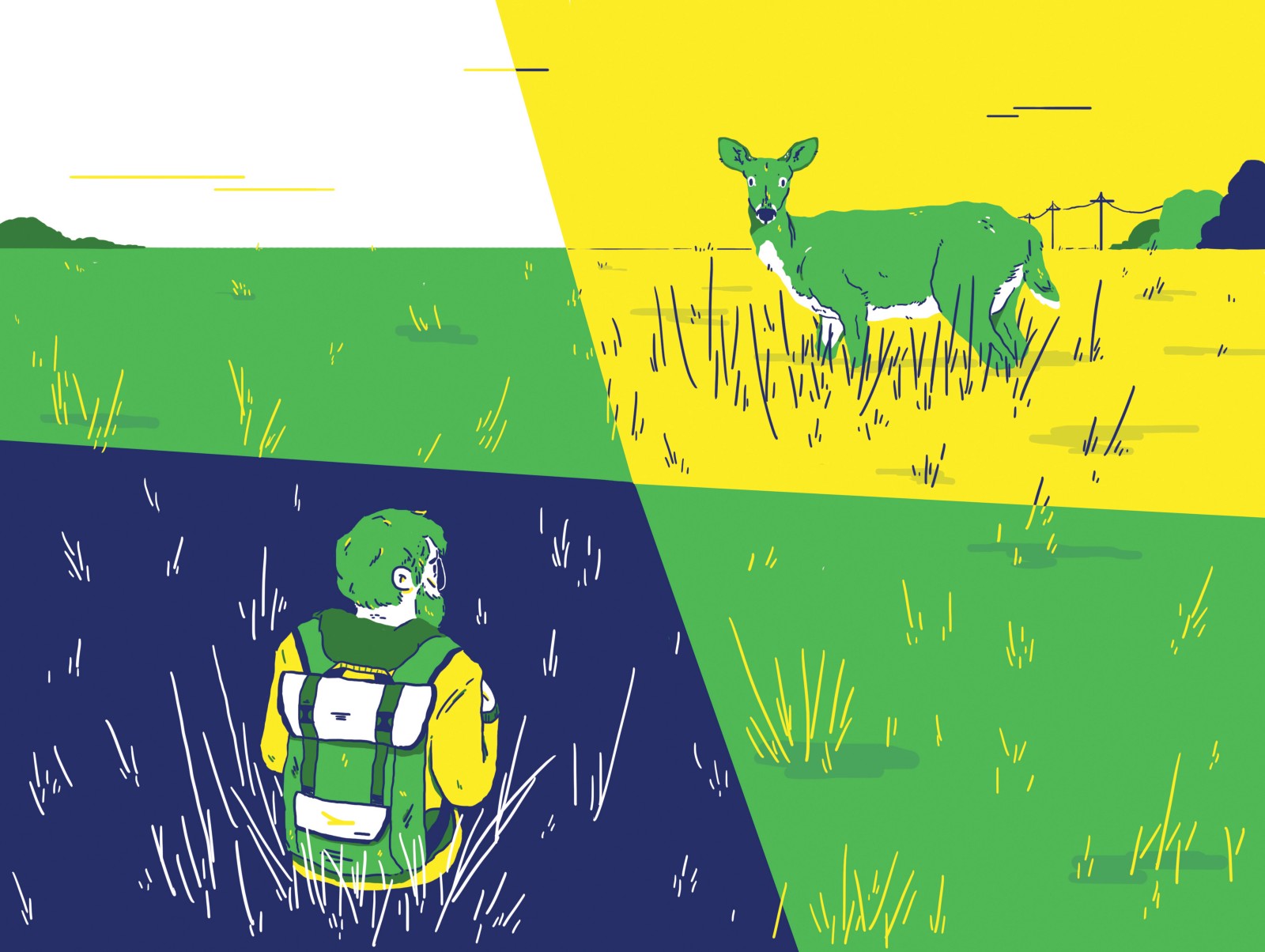
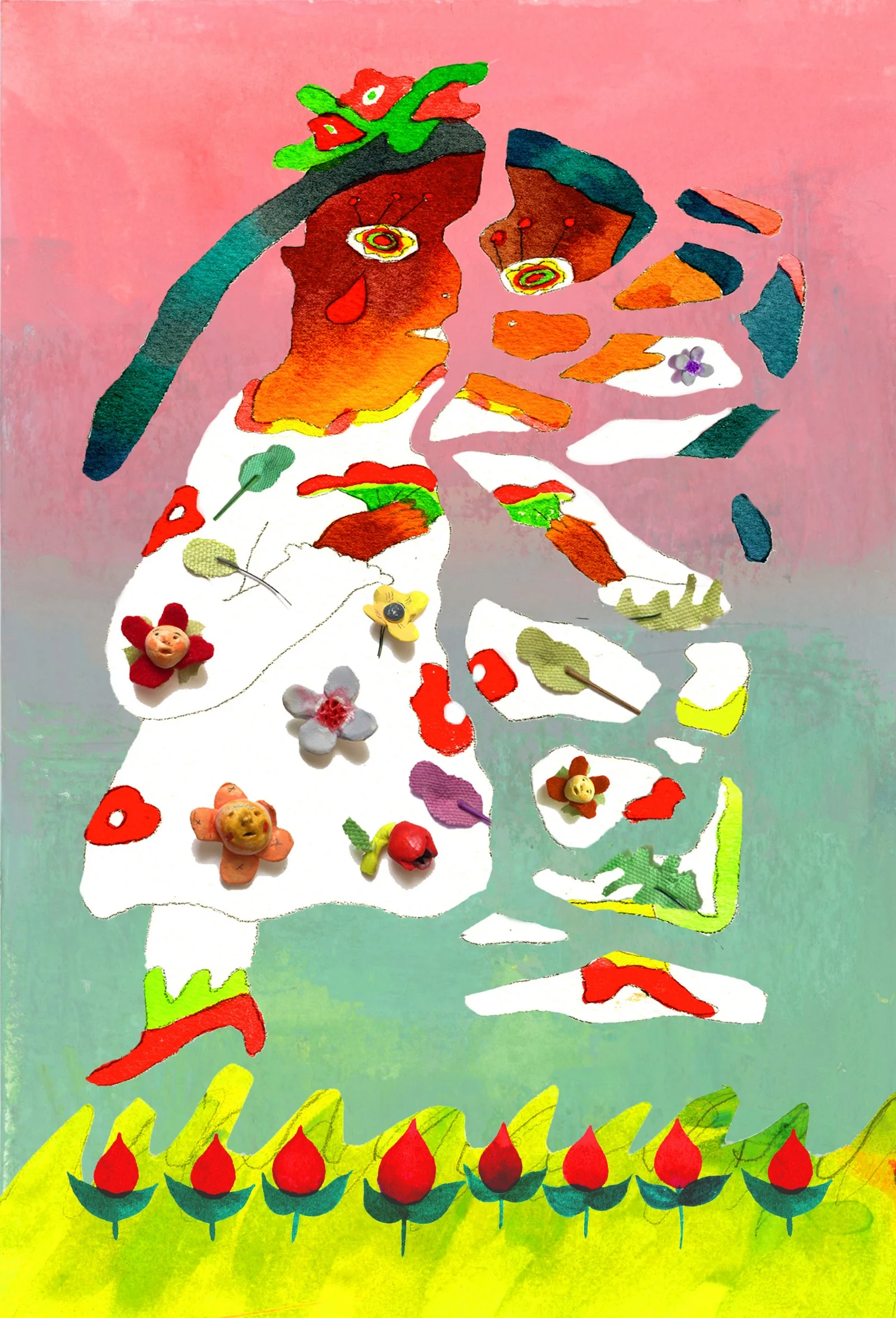
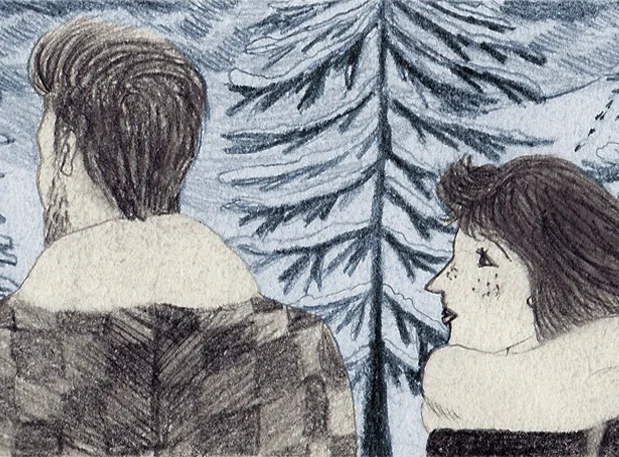
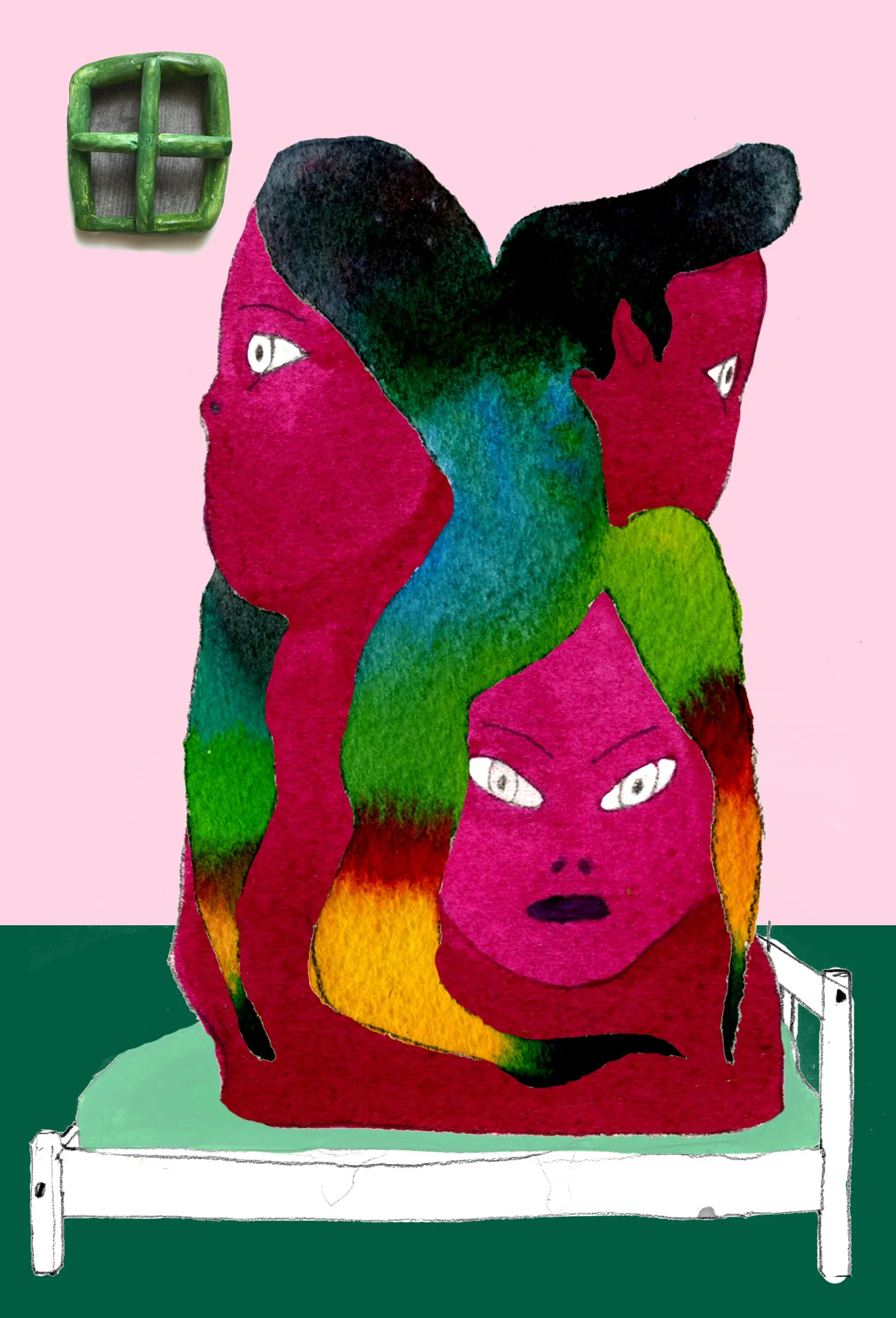


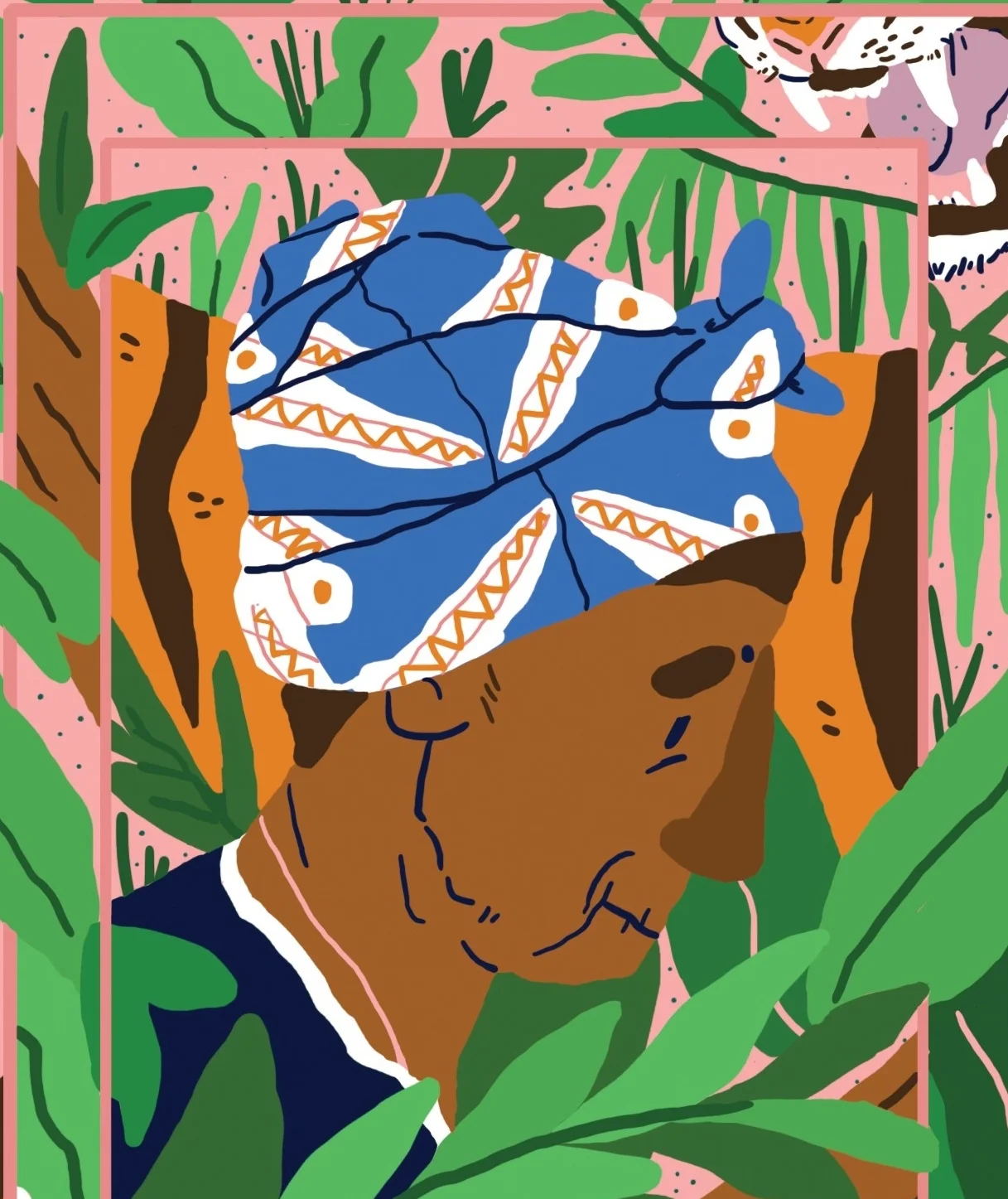
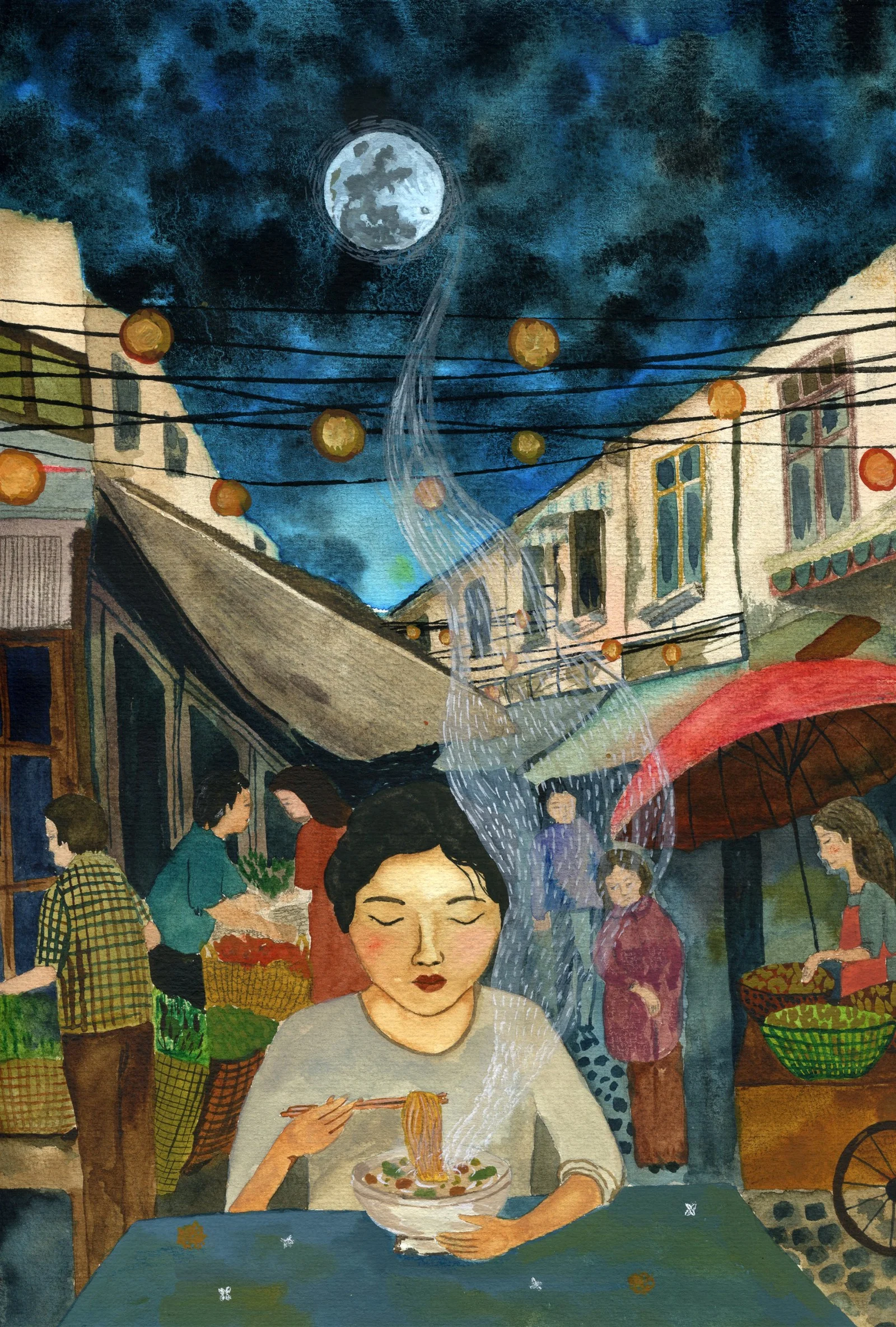
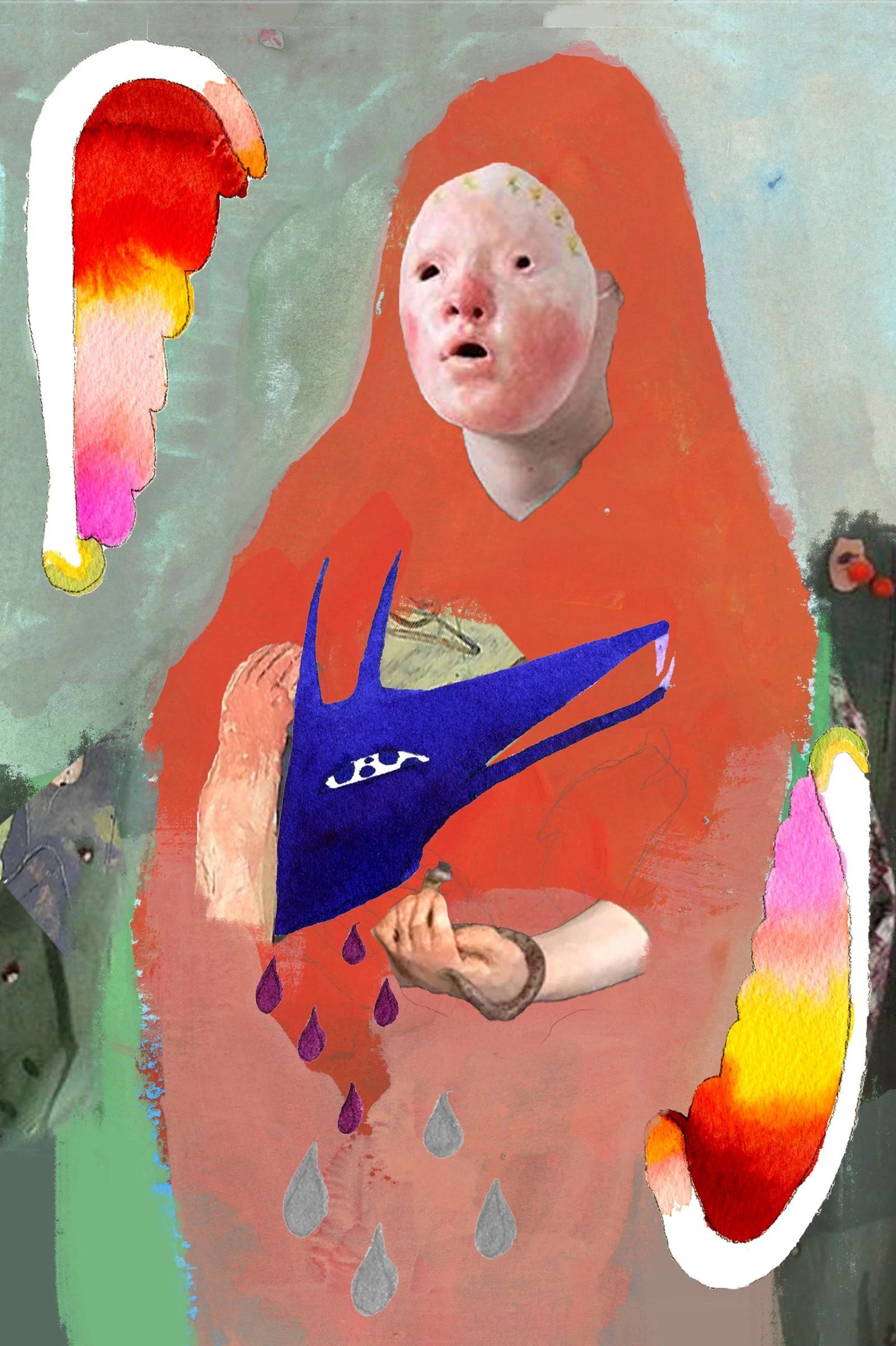
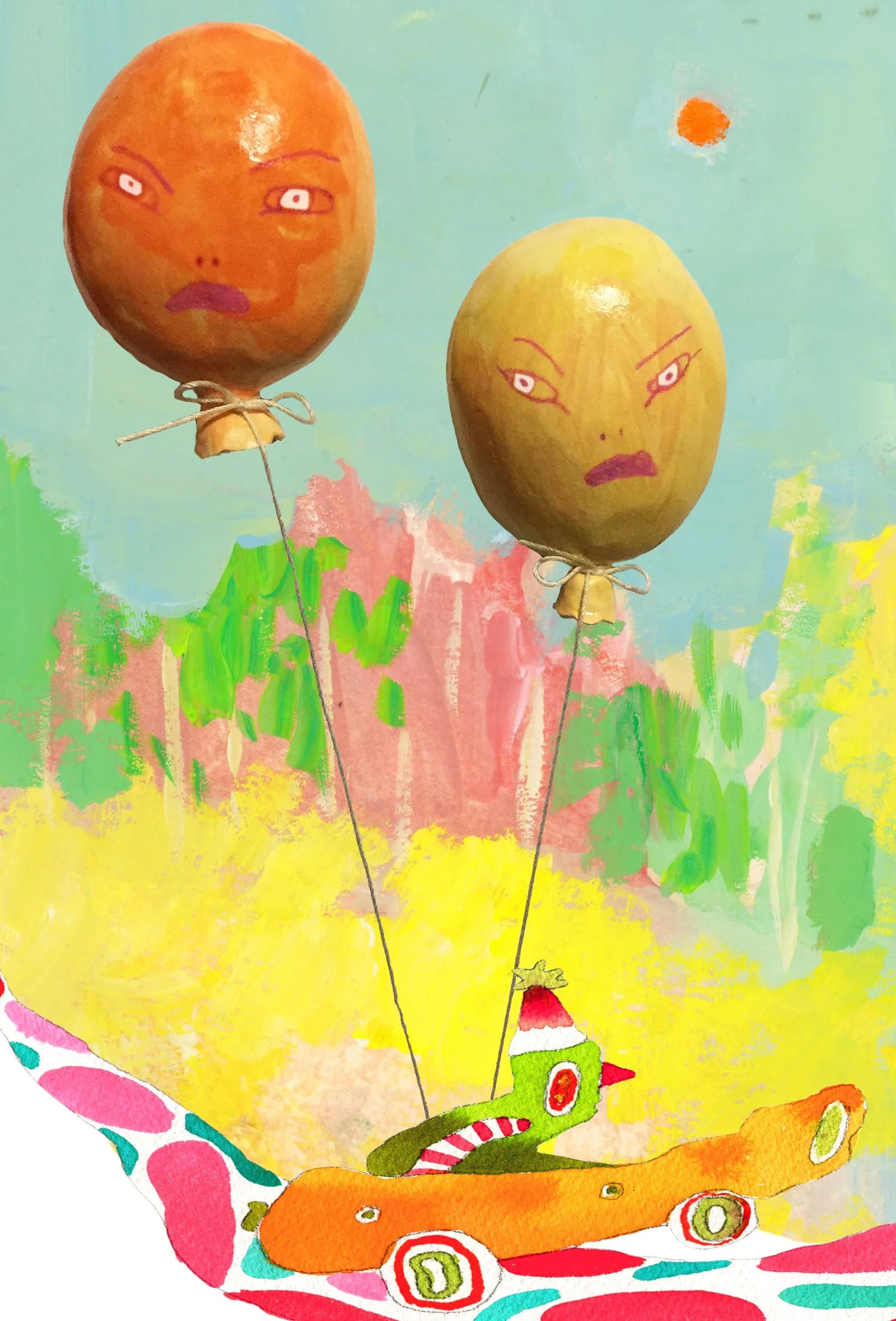
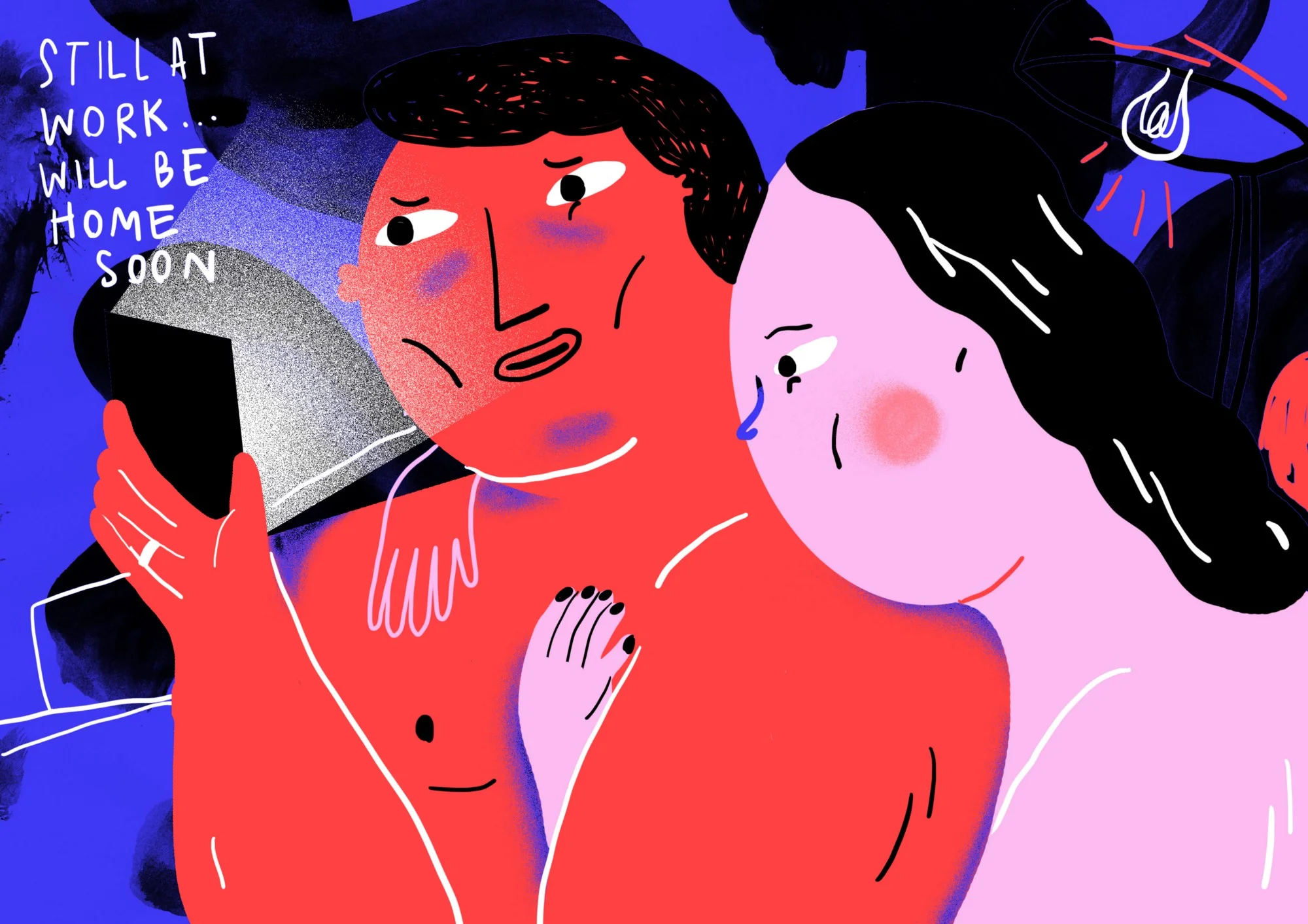
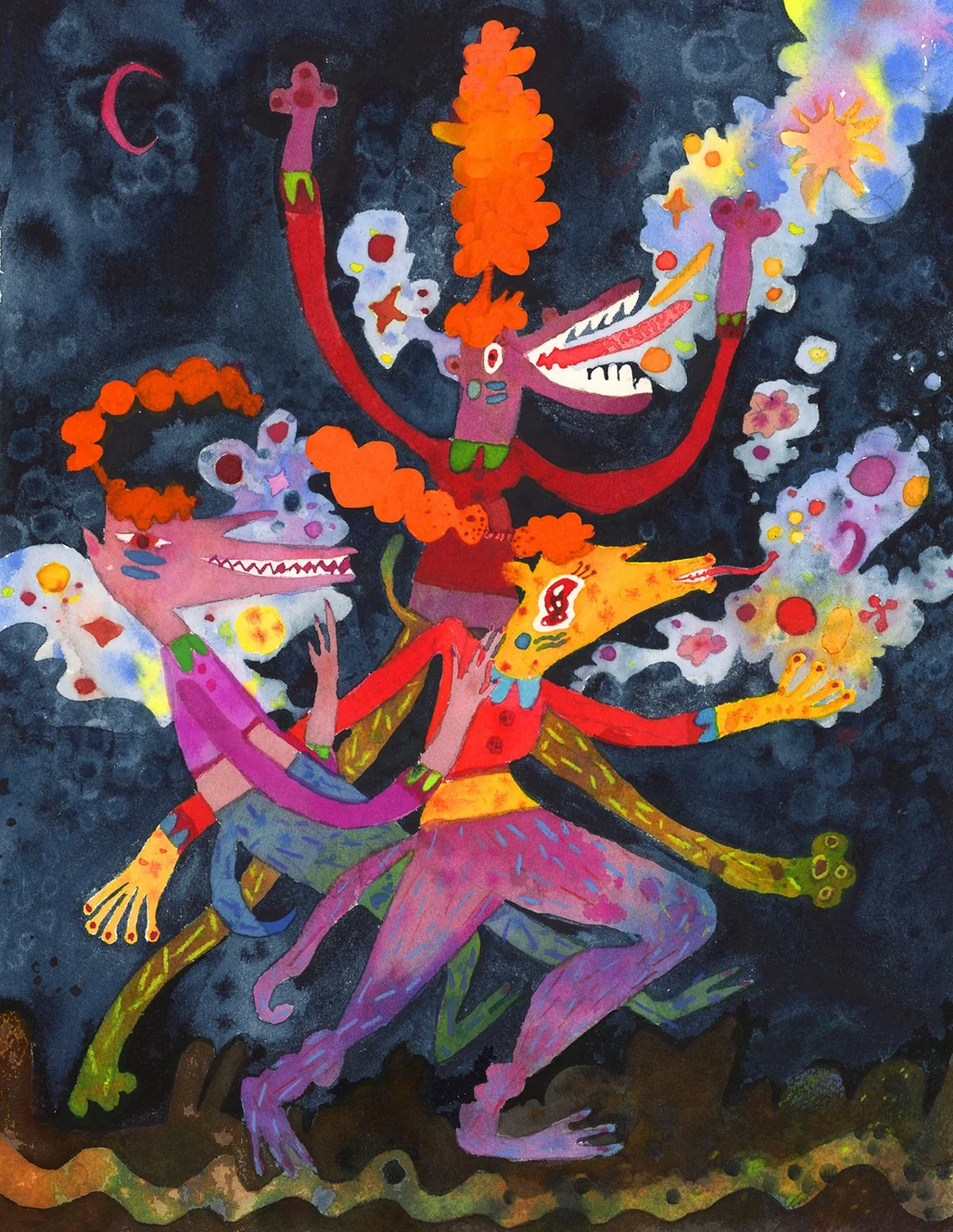
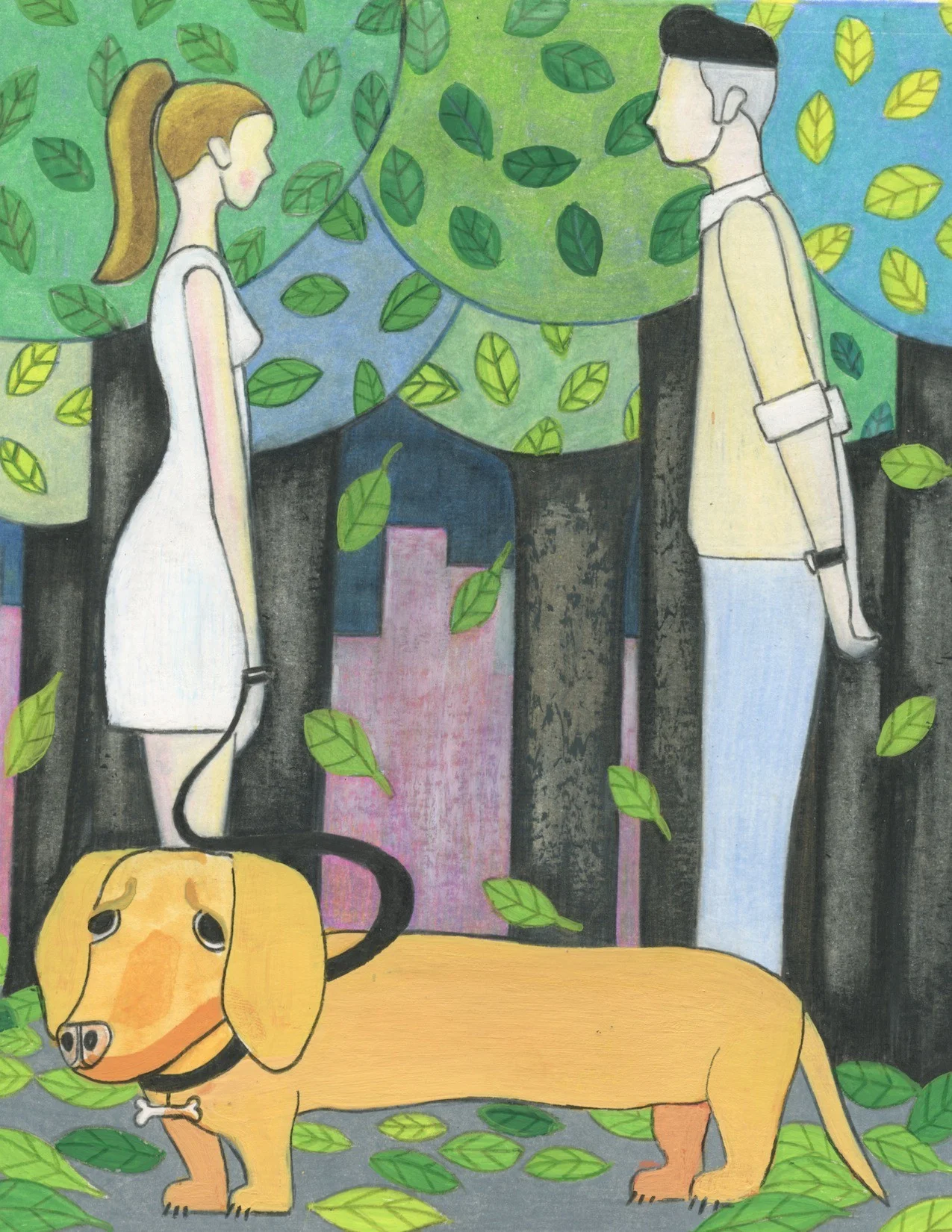

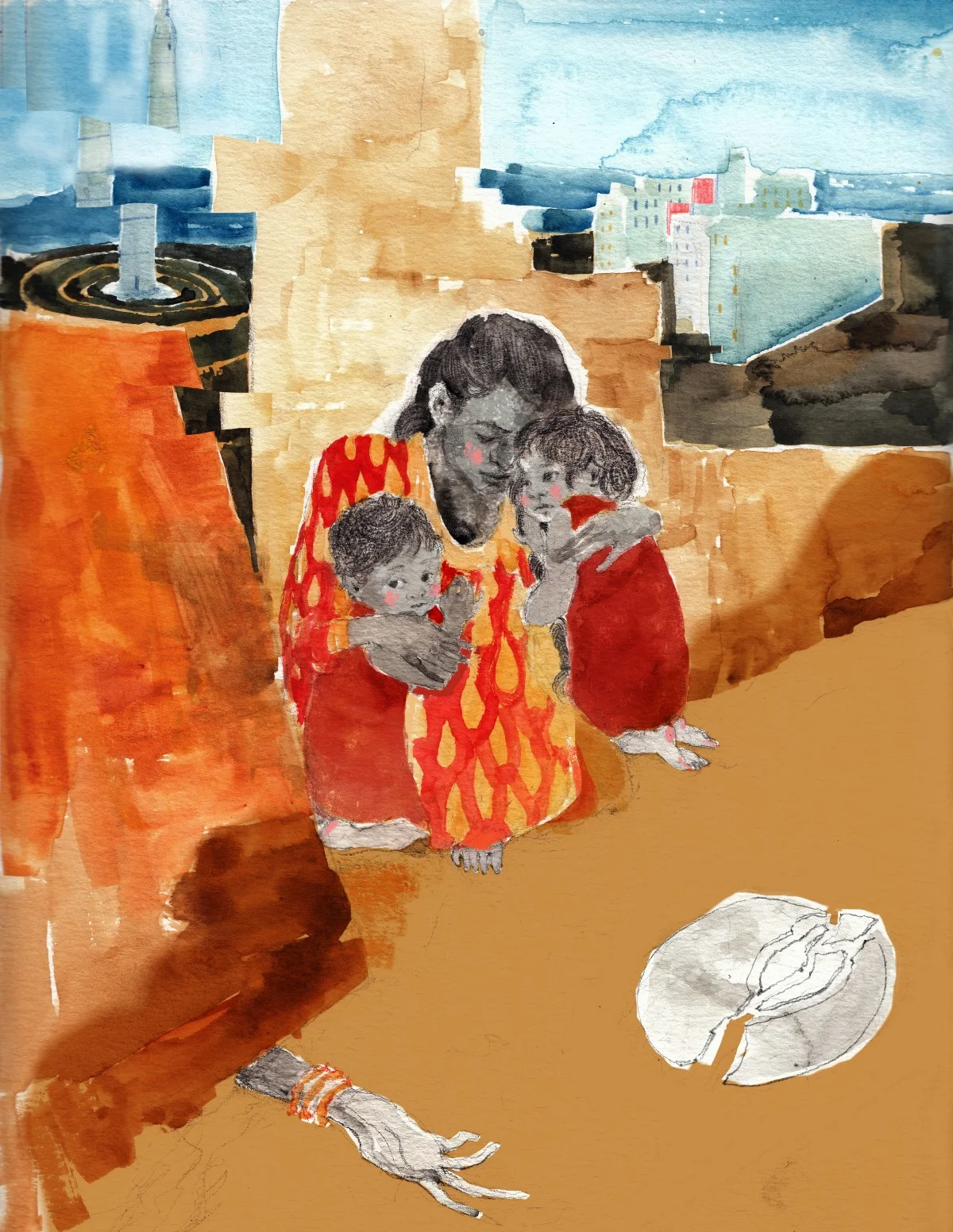
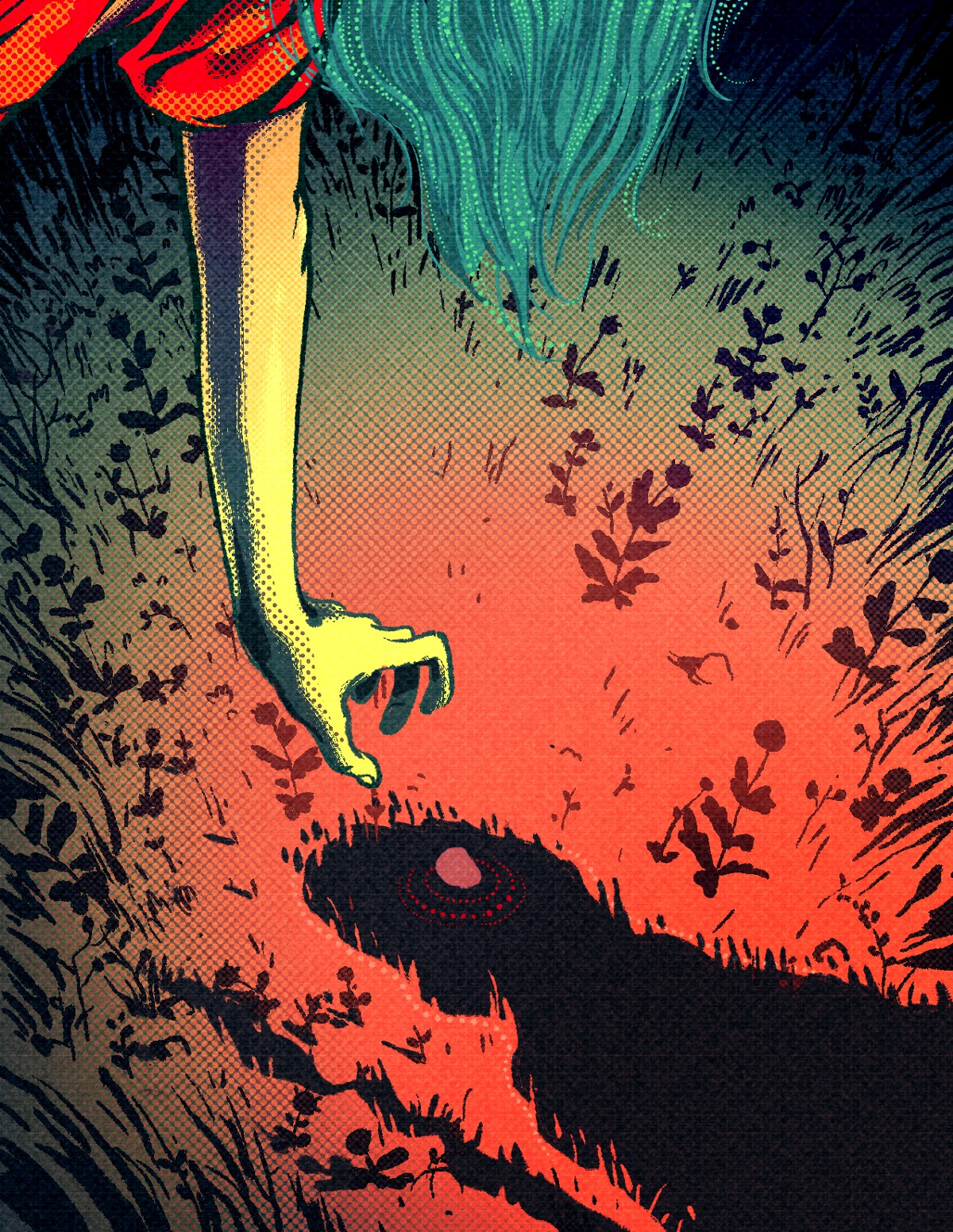
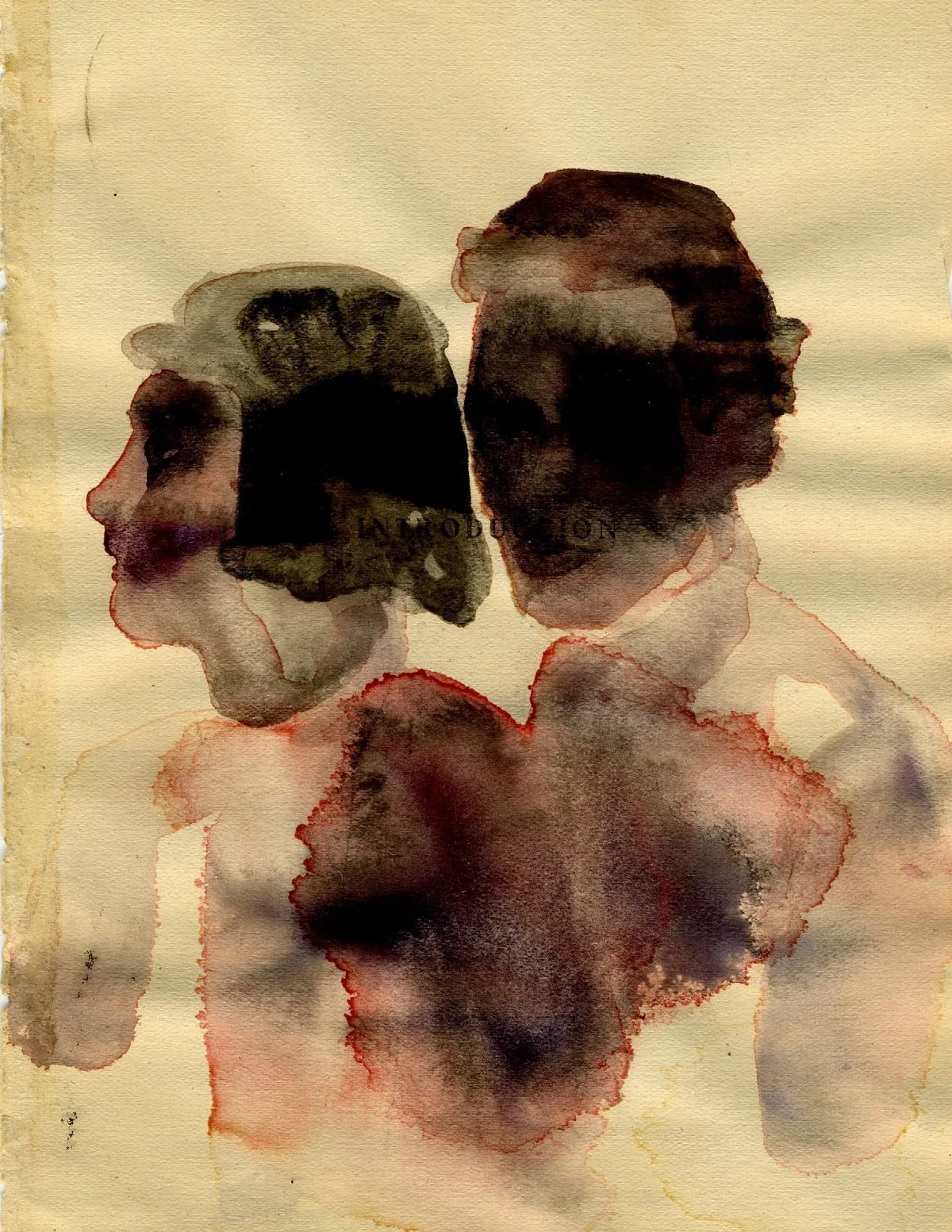
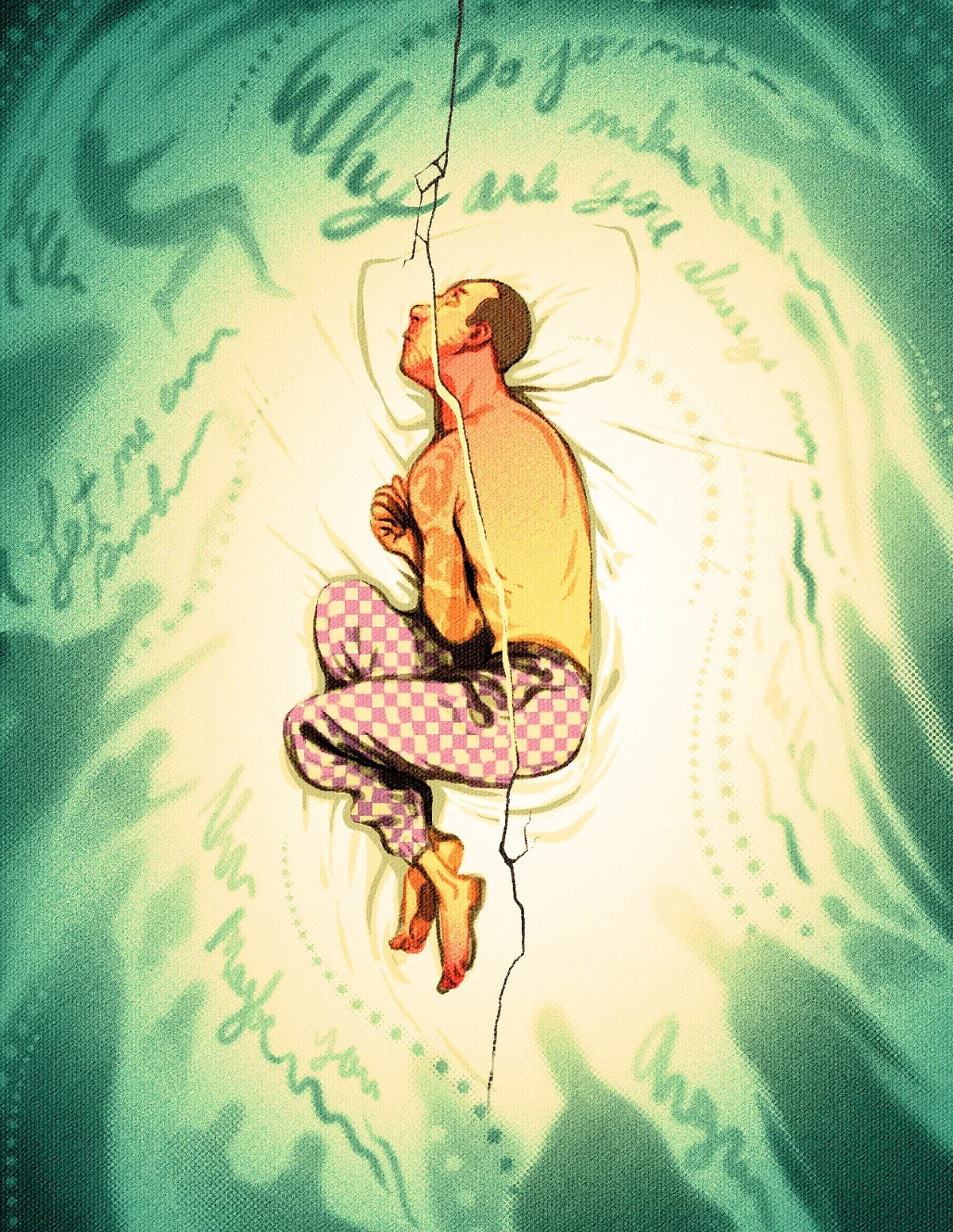

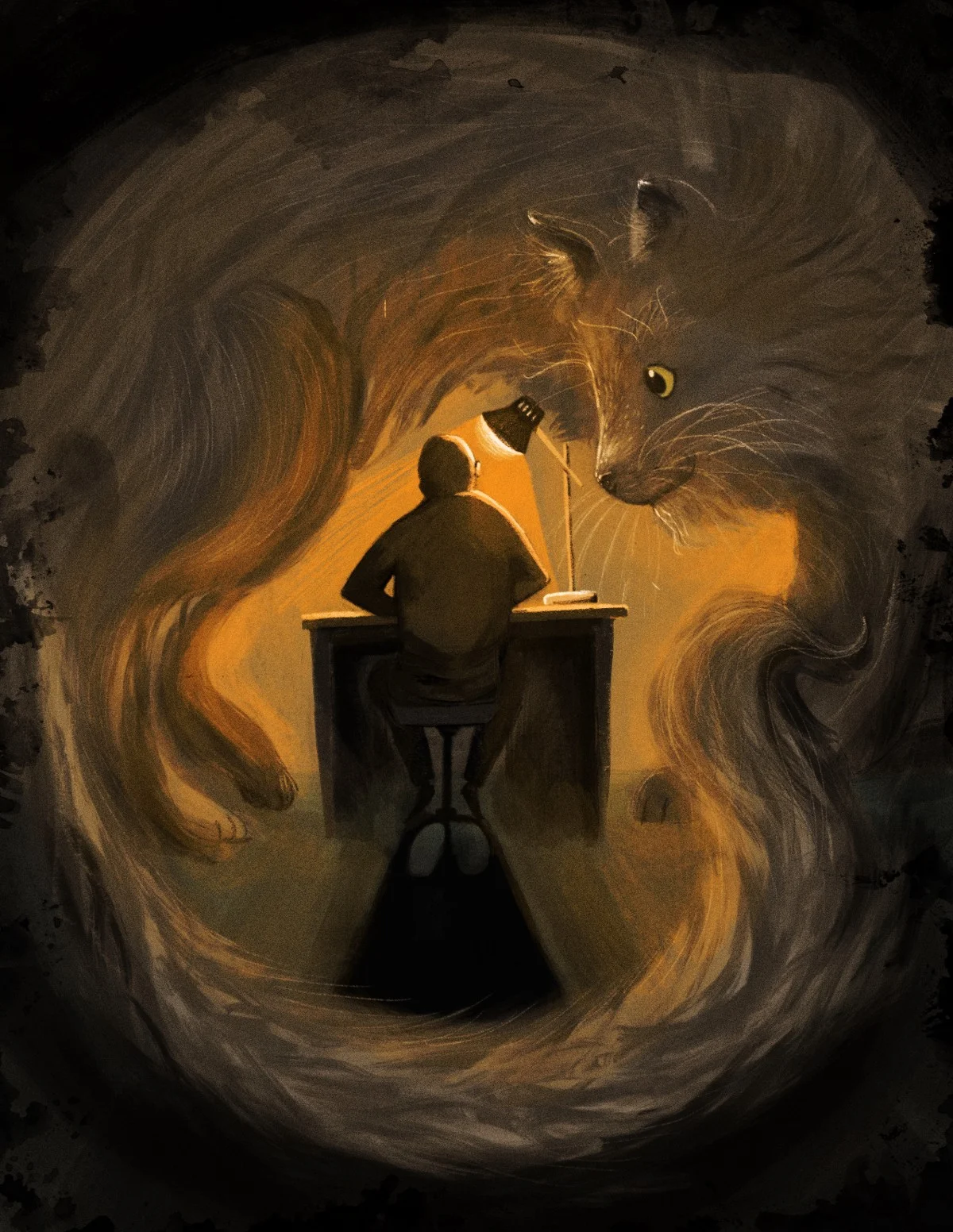
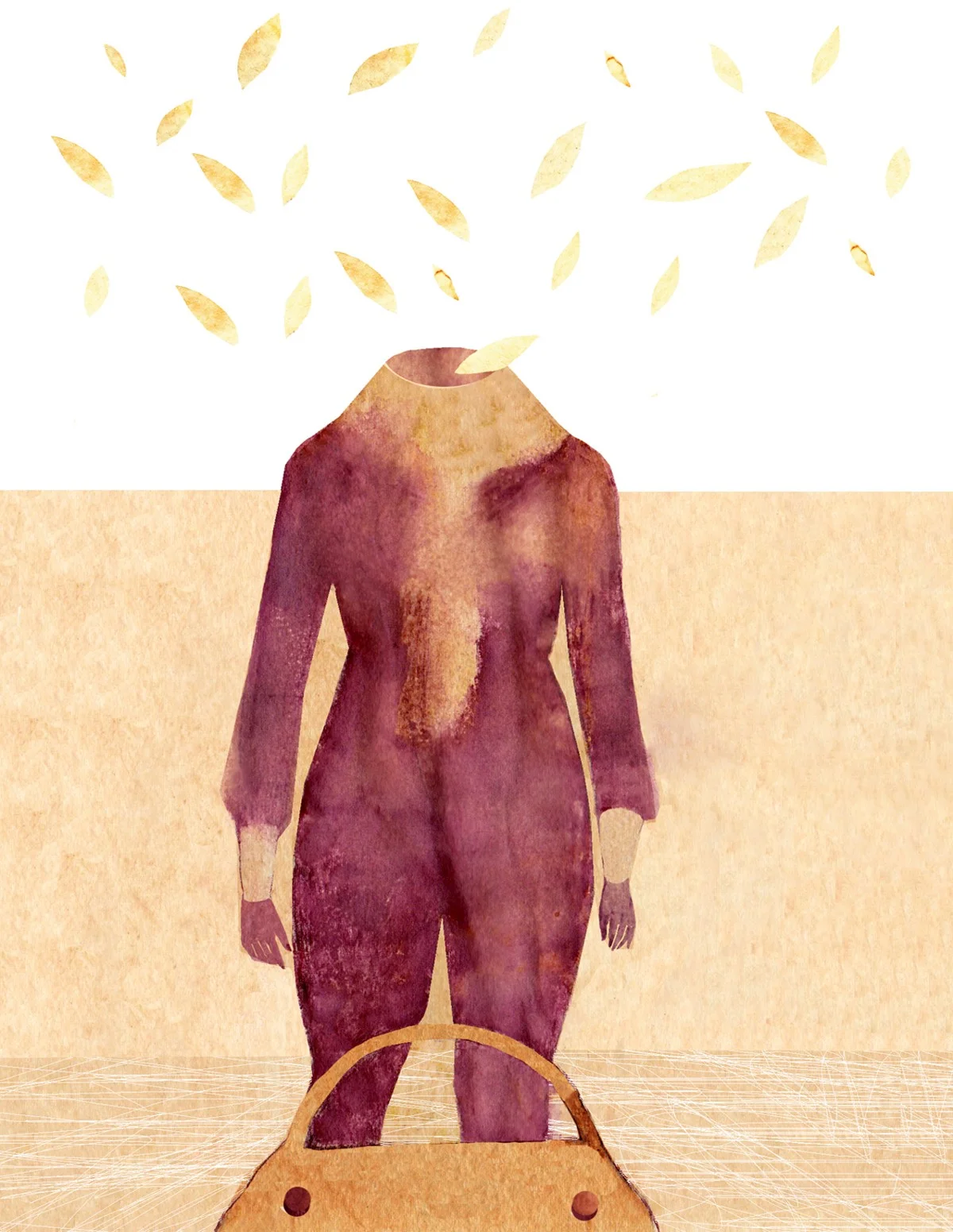
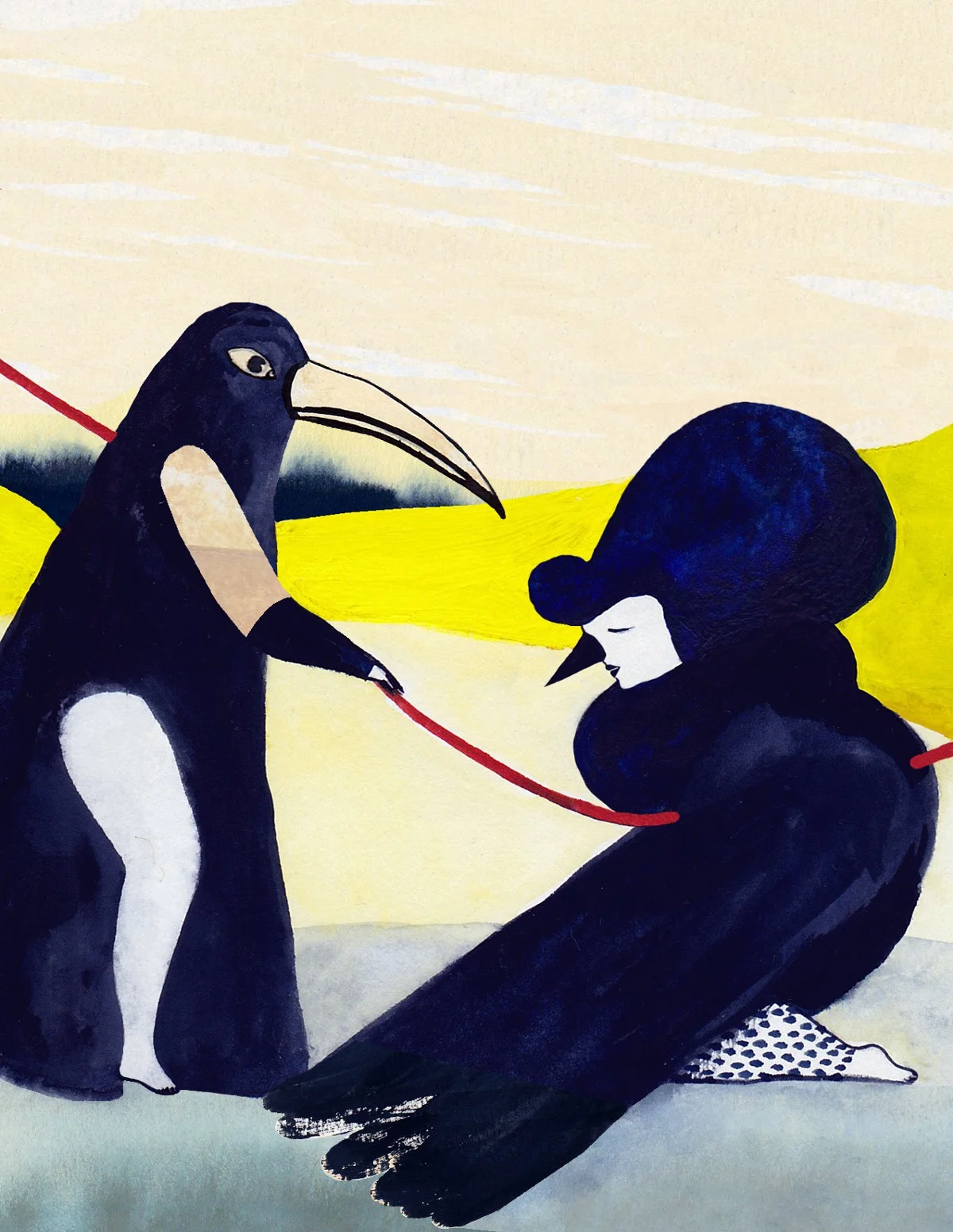
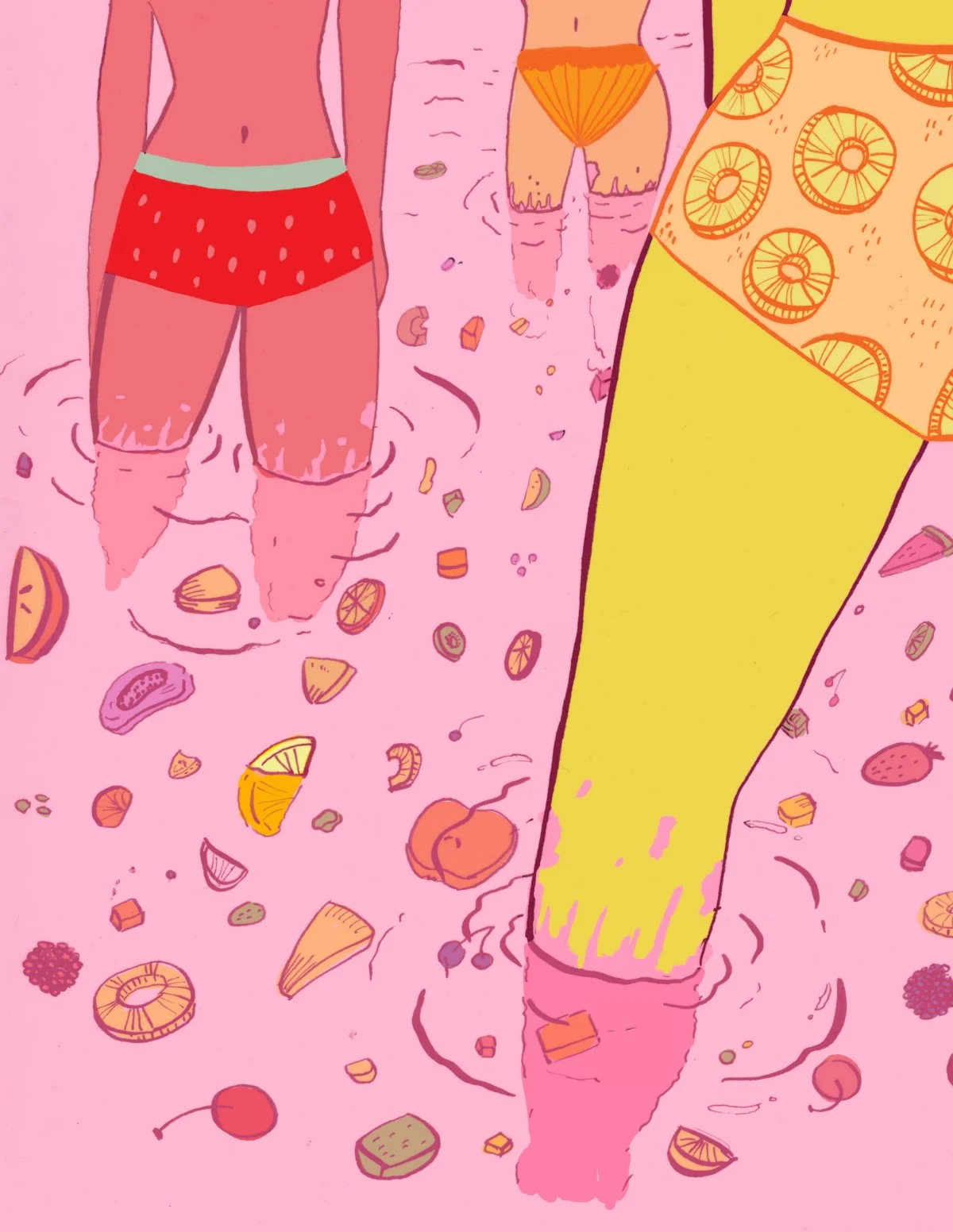
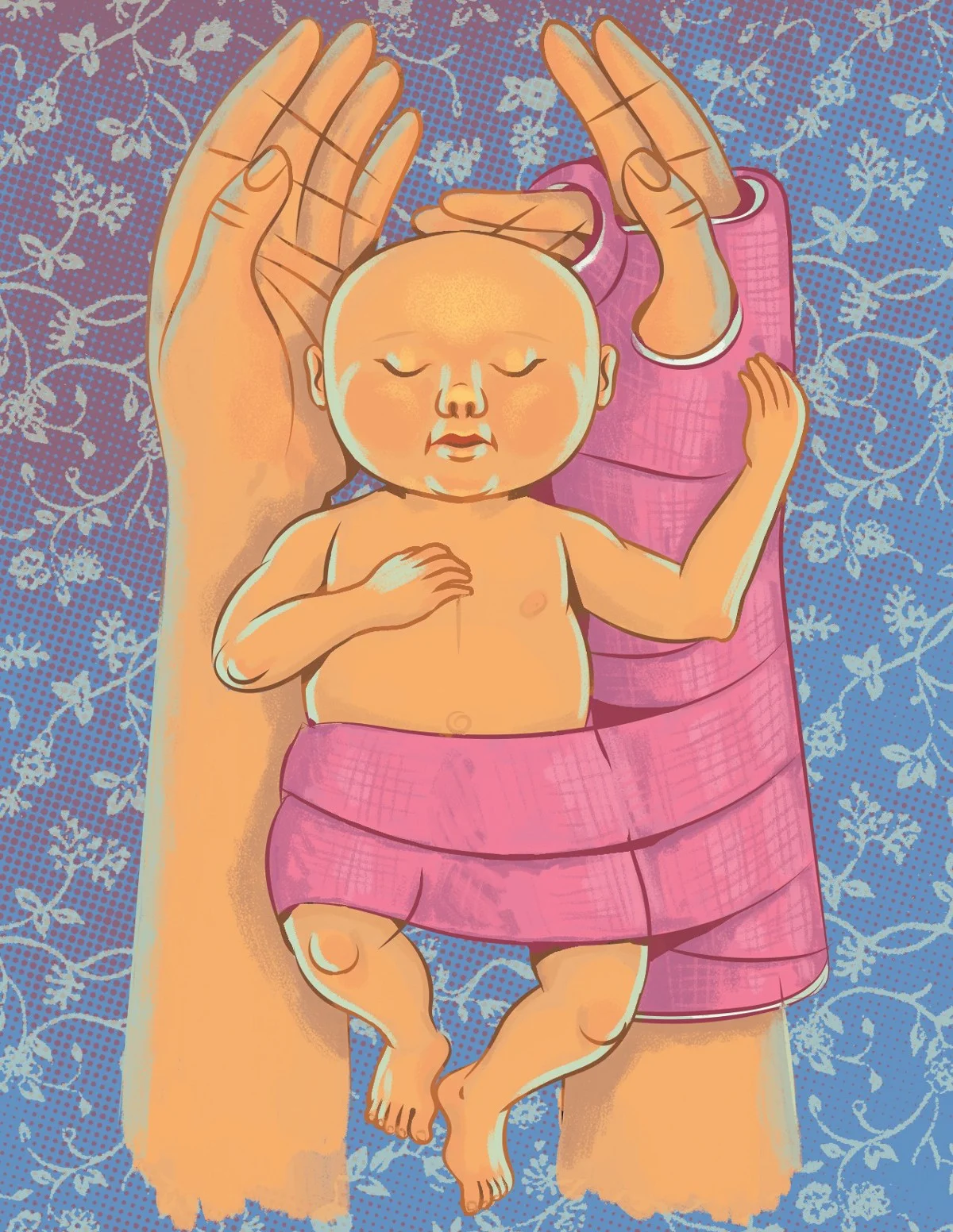
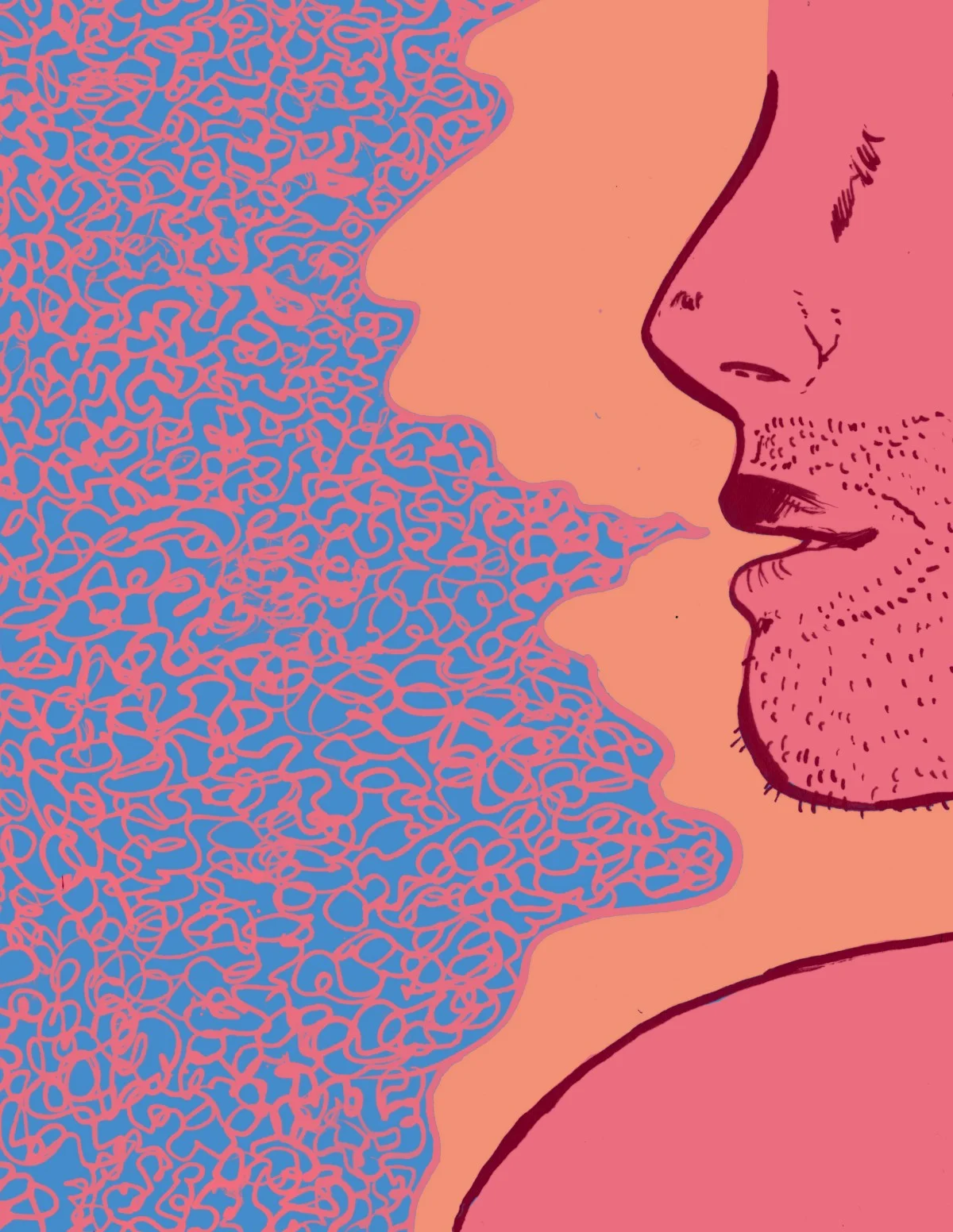
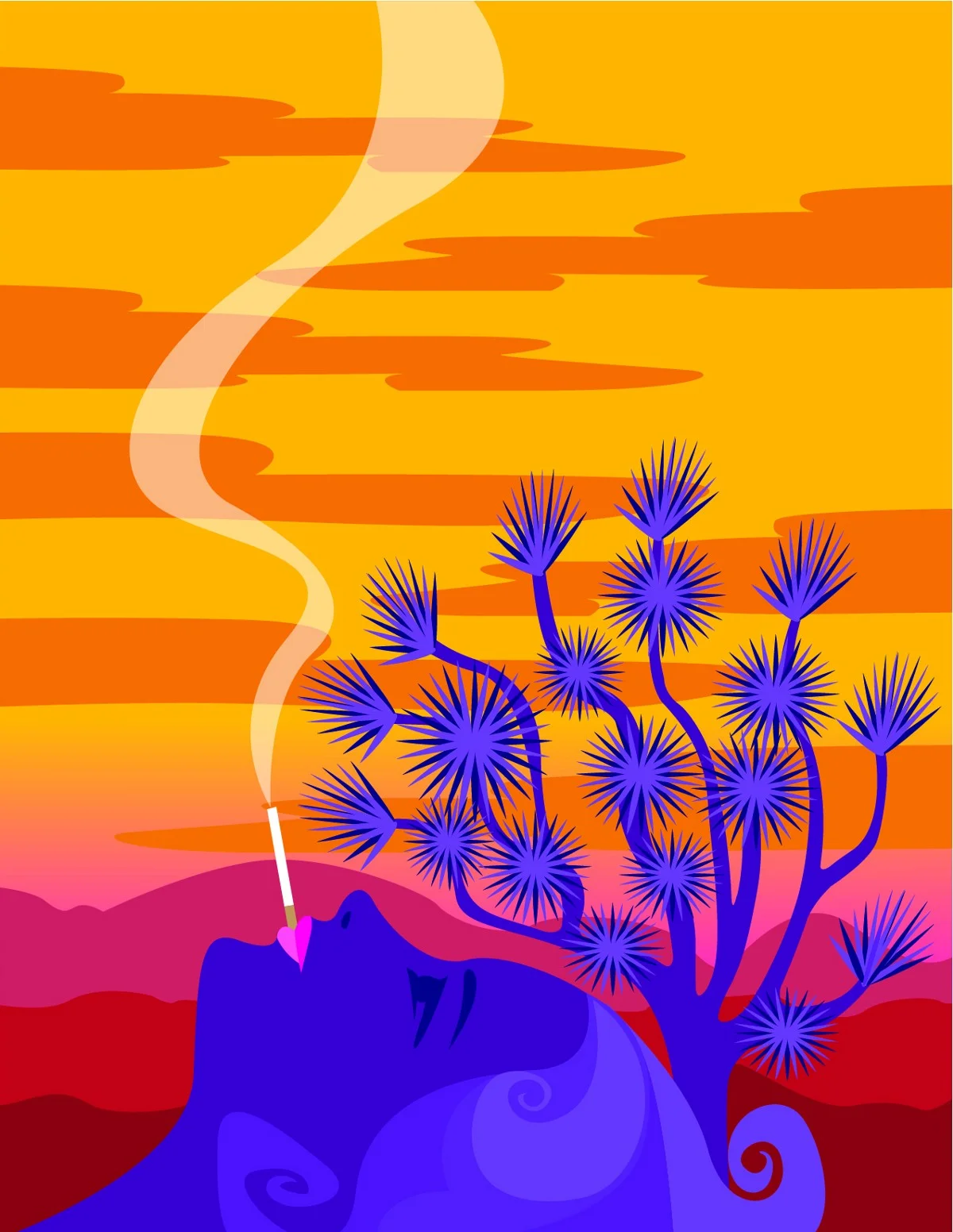
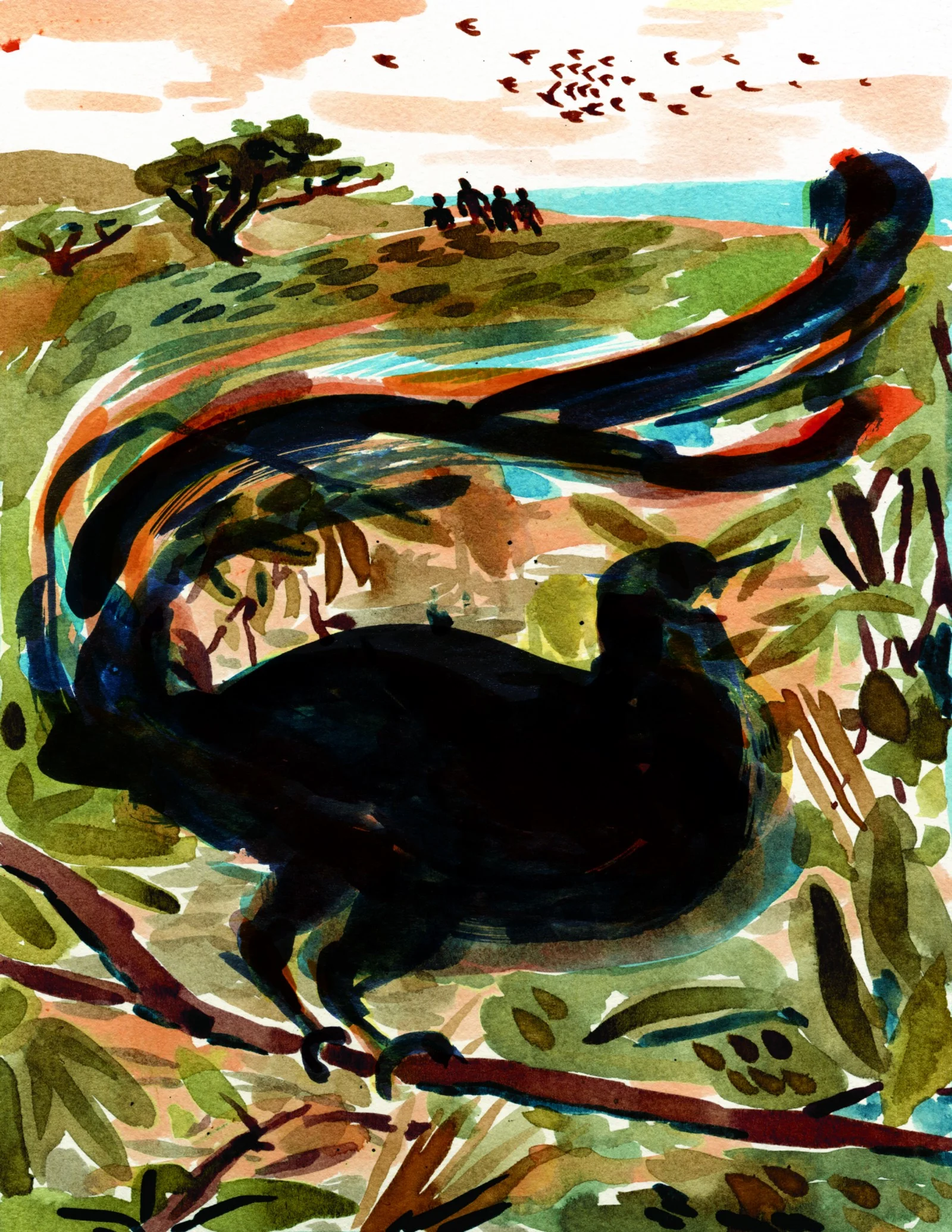
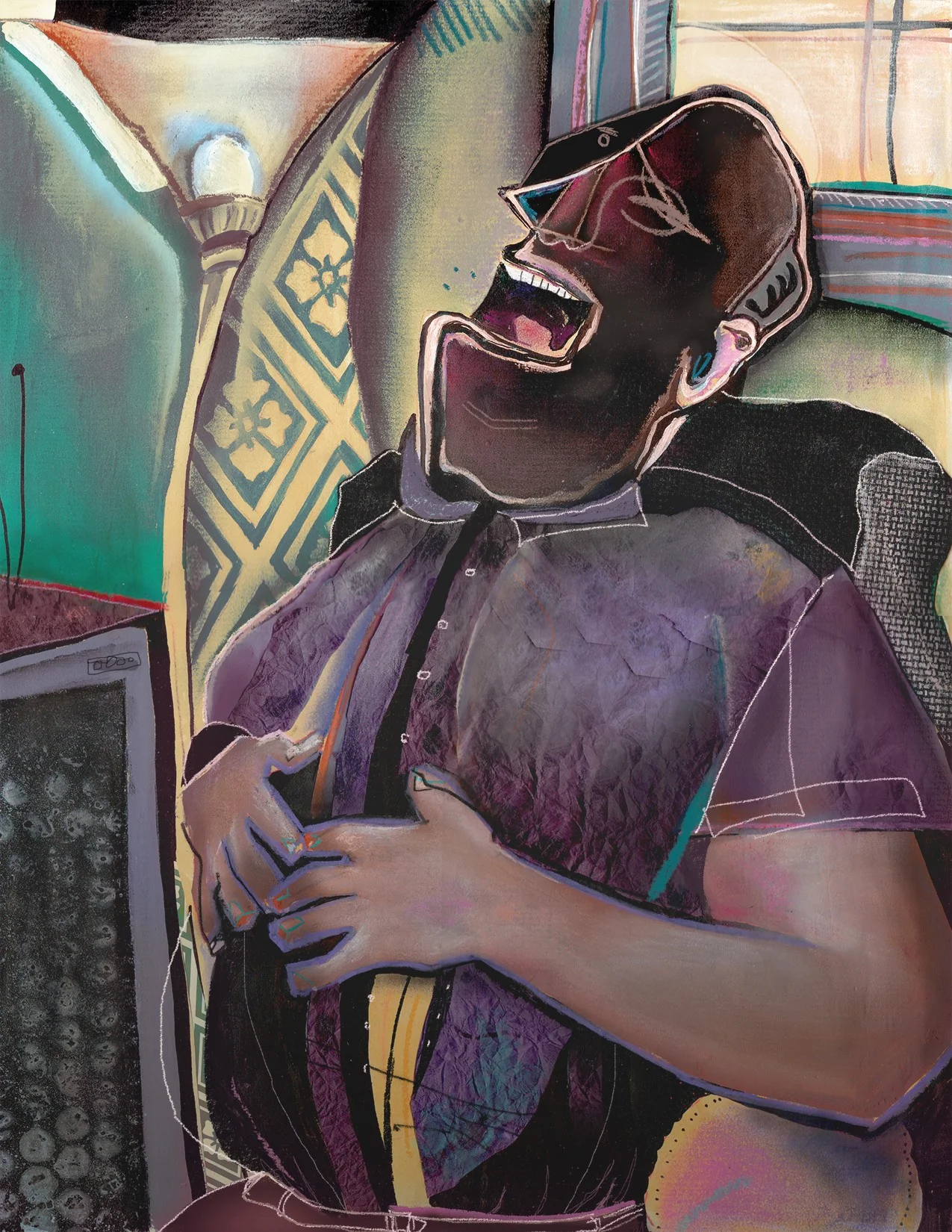
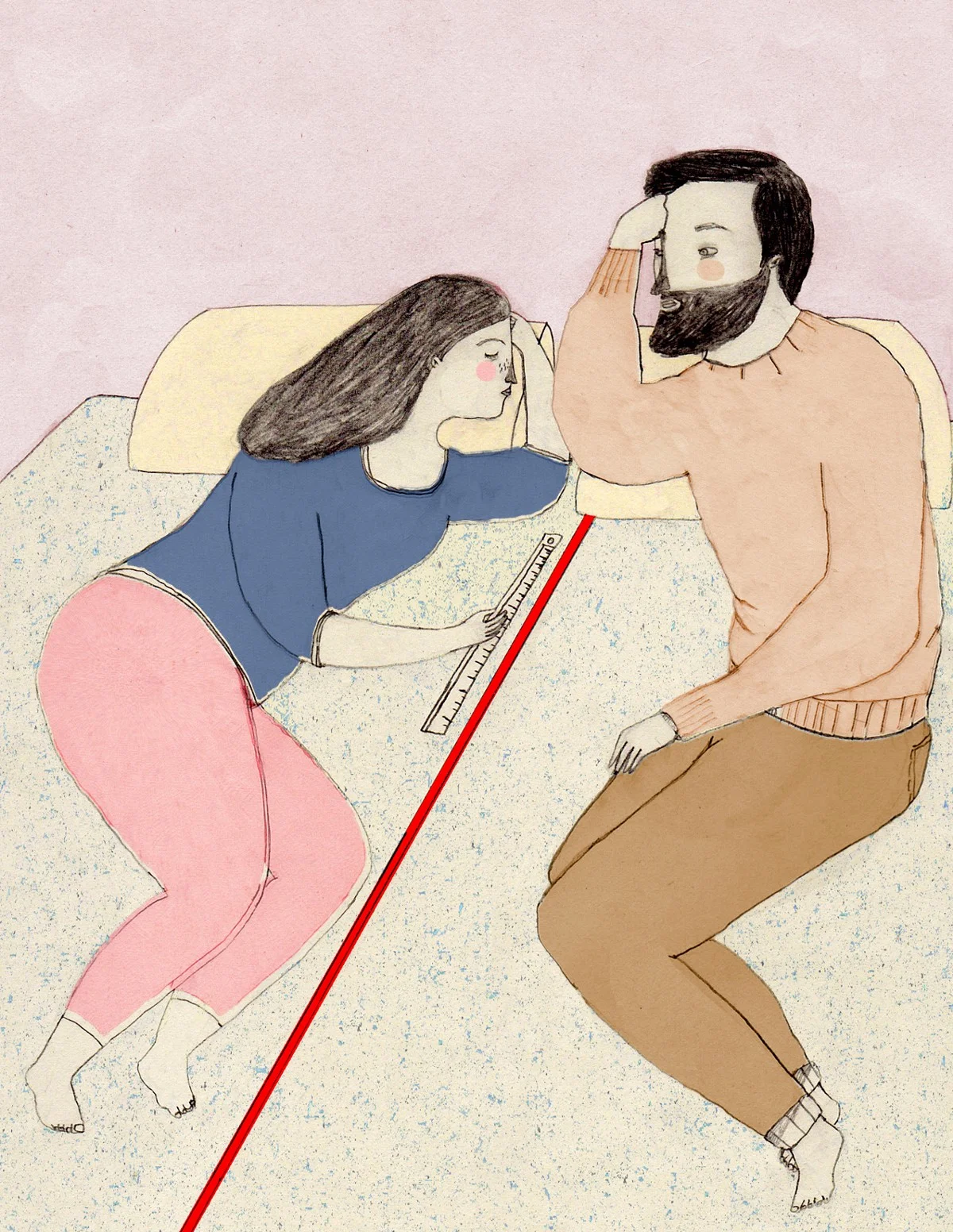
It was getting dark. The millennium was about to turn over and under the shadow of the second Bush administration the clinic would be shut down. We sat, waited for her name to be called, for her to be taken into the back to sit on that crinkly paper, scratching at her thighs.